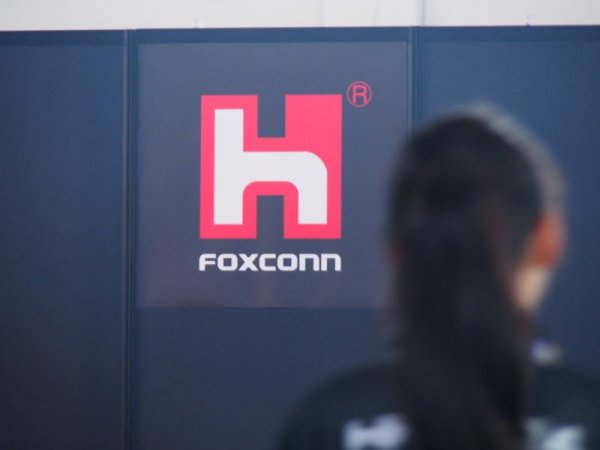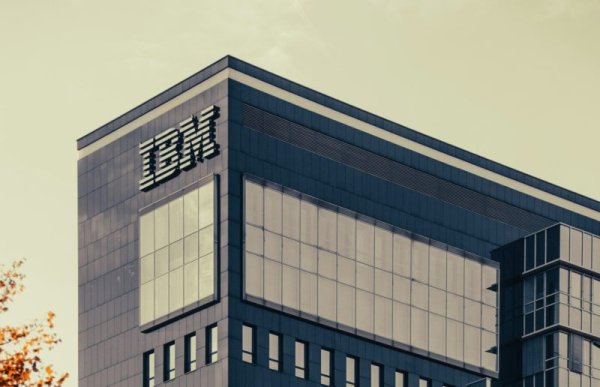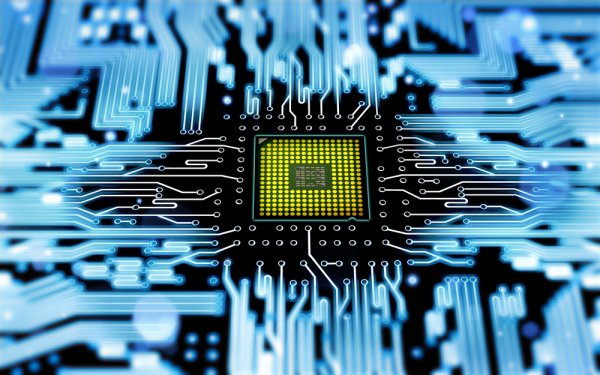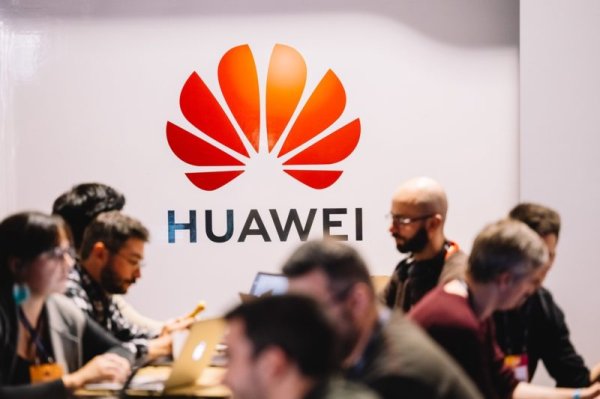The pure performance of the Apple C1X chip is still not as good as that of Qualcomm, but the battery life is extremely advantageous
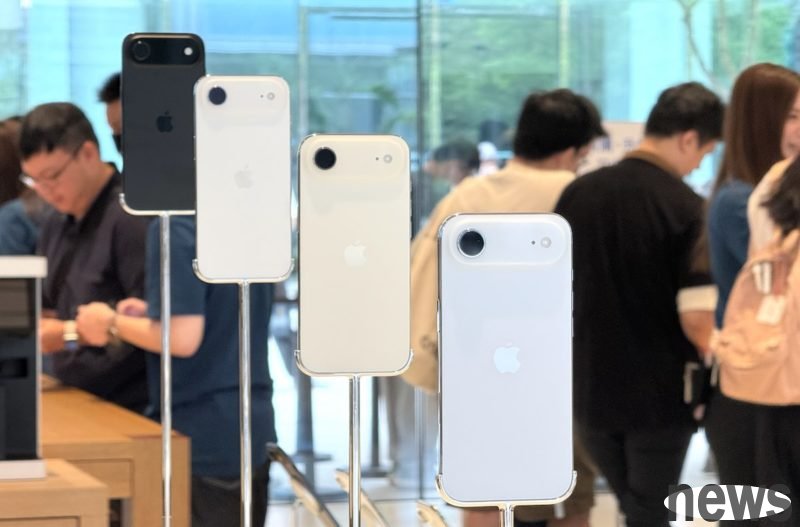
Apple, which is committed to improving the self-development rate of parts, has introduced its own stronger C1X 5G data chip for the first time on iPhone Air models, becoming one of the biggest highlights at the launch this fall. Apple claimed that this data chip was faster than the Qualcomm Snapdragon X75, and at the same time it consumed 30%, but an executive of a research organization believed that Qualcomm's data chip would still be selected when taking advantage of its performance; however, he also pointed out that if we pursue better battery life, there is currently no better choice than the C1X.
Ben Bajarin, executive director of the research organization Creative Strategies, said when accepting CNBC that Qualcomm chips still have advantages if they are purely comparatively effective; his statement said that this discussion was decided. Previous disassembly shows that all iPhone 17 models except the iPhone Air are equipped with the Qualcomm Snapdragon X80, probably because it is faster and supports millimeter-wave (mmWave) network.
However, even if the C1X is faster than the Snapdragon X75, it lacks millimeter wave 5G connection capabilities and is limited to sub-6GHz. Fortunately, although Apple's self-developed data chips are not as fast as possible, they are unmatched in efficiency. The C1X process has not yet been revealed, but Apple claims that the iPhone Air can reach 27 hours of video playback.
In addition to C1X, the N1 wireless network chip also helps the iPhone Air to achieve the above-mentioned battery life. Bajarin believes that Apple's strong integration capabilities in hardware and software allow companies to better control the components and thus bring better battery performance, which is a preferred choice for many users. After all, the speed that the Snapdragon X75 or X80 can achieve is ultimately limited by the network infrastructure, and it is almost impossible to achieve the highest speed that is promoted.
Bajarin also said that Apple will still rely on Qualcomm's data operations in the next few years and will not immediately eliminate its 5G solutions. However, as early as the iPhone 16e launched C1 earlier this year, news pointed out that Apple has started to develop C2 and that it will support millimeter wave networks.
The 5G data licensing agreement between Apple and Qualcomm is expected to expire in March 2027, which may be the last time Apple relies on the supplier's hardware, but this is not Apple's final goal. Previously reported that Apple's goal is to integrate 5G data machines, Wi-Fi and blue-tooth chips into a single package to save space and further improve battery sustainability, and judging from recent efforts, this day may arrive faster than expected.
Apple takes control of all core chips in iPhone Air with new architecture to prioritize AI
